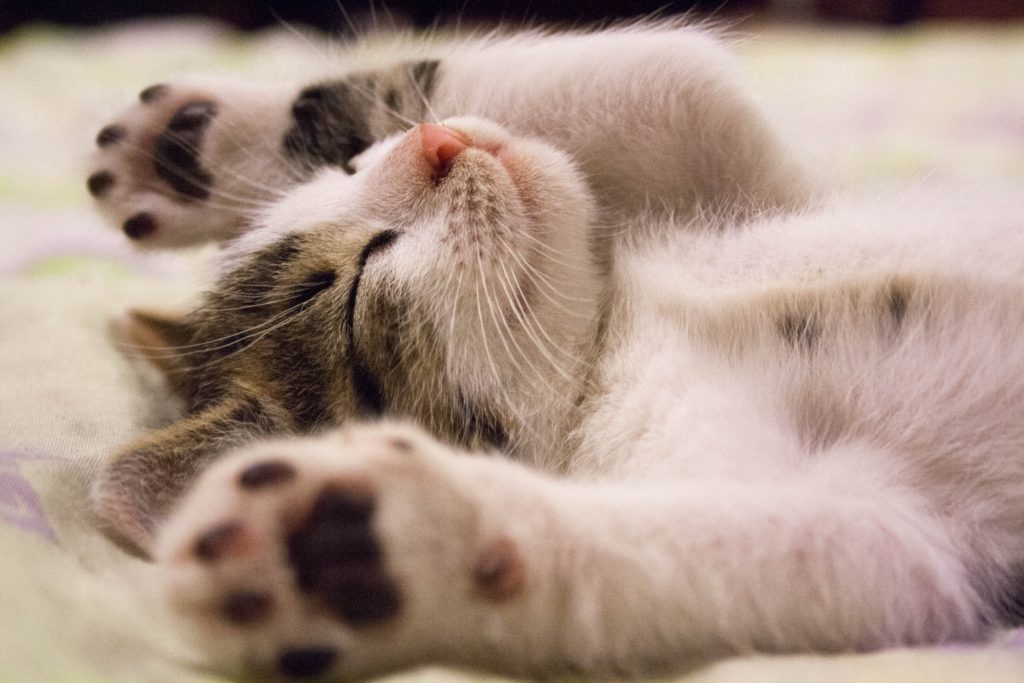
Dial This Thing In For Maximum Productivity
I genuinely nerd out on the idea of getting as much juice out of my day as possible.
That is not to suggest that I am the most productive person in the world (the unfortunate number of hours I waste on YouTube can attest to that), but as a fella who’s learned to produce a somewhat steady stream of content (writing roughly 2 million words a year worth of dreck) despite severe ADHD, I’ve stumbled upon some useful strategies for managing my day, my time, and my work.
Whether we’re talking time management apps, daily journals, or scheduled alarms — I’ve tried practically every productivity tactic under the sun.
And at the end of it all, while I’ve found a modicum of benefit from all these things, what I’ve discovered to effect my productivity the most are three things I classify more as strategies, than tactics.
They are macro-level levers which, when pulled correctly, leverage the most bang for your productivity buck.
Those three levers all have to do with chemistry.
No, not Adderol. (Which wouldn’t even help me. Stupid ADHD.)
What I’m talking about is your body’s chemistry.
The three most effective levers you can pull to start maximizing your productivity are as follows:
- Nutrition
- Exercise
- Sleep

For today, however, we’re talking specifically about the value of sleep and how to create an effective nightly routine to get the most out of the hours you spend with head on pillow.
Every body is different, but in general the adult human needs roughly 8 hours of sleep. This is a spectrum, however, and it’s important to note that adolescents and individuals in their early-20s tend to require more sleep than a person in their 70s.
Thus is the benefit of being young when your most energy consuming organ is still growing at an exhausting rate.
That’s right, you teens out there need more sleep on account of how much rewiring is occurring in your brain on a daily basis.
That, coupled with higher metabolisms, means that the amount of sleep a 20 year old needs is fundamentally different than that of a person in their 50s.
All this is to say that there’s no hard and fast rules for how much sleep any given individual should get on a nightly basis. A good rule of thumb, however, is somewhere between 6–9 hours daily.
Sure, some people can function fine on less than 6 hours, but there’s an inevitable cognitive capacity decline associated with chronic sleep deprivation.
Which is important to keep in mind, because so many gurus insist that everybody should wake up at 5am to get the most out of their day.
It just so happens that I do wake up at 5am most mornings, but it took years of dedicated effort to make that a possibility.
Even more, I don’t actually get less sleep, I just go to bed earlier.
I do this because I find my creative brain works best early in the morning. (My logical brain, not so much, but that’s fine, because mornings are dedicated to my creative writing whereas afternoons are for more analytical pieces.)
Figuring out when you work best is vital if you want to maximize productivity.
If you are a night owl, then by all means, stay up late and do your best work. Don’t fall into the routine of waking up early just because that’s what the experts recommend.
Play to your unique strengths.
(This in a nutshell is one of the reasons high school is such a damn slog for most kids. Teenagers, by and large, tend to be night-oriented creatures. The fact that we expect them to wake up early and do their hardest thinking during a time their body wants nothing more than to be asleep is one of the great flaws in the American educational system. But that’s an article for another time.)
Tinker with your schedule.
Experiment by going to bed and waking at different times. See what works and what doesn’t.
Perhaps you’ll stumble upon something you never suspected before. (Maybe you really do like waking up early after-all!)
Okay, so once you’ve figured out when your mind and body work best, it’s time to create some rituals and routines around the act of sleep.
Why?
Because it’s hard to just shut your brain off with the snap of a finger.
Most of us can’t simply put work aside at the drop of a dime and go to sleep.
Some can, but they are barely human.
The rest of us have to prime our mind and body for the act of sleep.
This can be achieved in various ways, and ultimately the path to sleep-nirvana will differ according to each individuals unique whims.
A couple important things to cut out:
No Electronics Within 30 Minutes of Bed
It’s fairly well known at this point that the unique wavelengths of light coming off your computer and television are agitating portions of your brain that make it hard to shut off.
Couple that with the fact computers and television are ripe fields of glitzy, pixelated entertainment, and it really should come as no surprise why this is on the list of things to avoid right before bed.
Instead of playing on the computer, go read a book.
Preferably something relaxing. Avoid anything that might potentially keep you up into the late hours of the night like 50 Shades of Harry Potter. (There’s a million dollar book right there, by the way)
Don’t Eat Within An Hour of Bed
I love food as much as the next guy, but the last thing you need before hitting the hay is a bunch of undigested pizza sitting in your gut.
Sleep is a restorative process, not a digestive one. Stop sending your body mixed signals.
Drinking copious amount of fluid before bed is also a non-starter, that is, unless you don’t mind waking 3 times in the night to go pee. But, as a general rule, when you are peeing, you are not sleeping. Therefore it follows that the quality of your sleep is suffering every time you shuffle into the powderroom in the dead of night.
Dim the Lights 30 Minutes Before Bed
Mood lighting is a great way to send your mind the subconscious cue that sleepy time is approaching. As you start phasing out extraneous stimuli associated with bright lights and all the marvelously entertaining things exposed thereby, you’ll notice the pace and cadence of your thoughts naturally cycling down.
That’s right, your brain is like a computer.
Thoughts churn through them at different rates depending on the amount of stimuli.
Close down various programs idling in the background of your mind mind as bedtime draws near and your body will take the hint.
The Bed is (mostly) Just For Sleeping
If you aren’t sleeping, stay out of bed.
Don’t crawl under the covers to watch the latest Game of Thrones while eating a bowl of macaroni and cheese.
You need to train your mind and body to associate bed with sleep, and nothing else.
Don’t send mixed signals by playing checkers in bed.
Repeat after me: Bed is for sleeping.
Except when it’s not…
But that’s a different conversation all together.
Be Consistent
This isn’t just about being consistent with when you wake up.
If you want to maximize your physical energy, and mental acuity, throughout the day to garner the most productivity possible, you need to treat your bed-time as a sacred thing.
Don’t compromise on this.
It’s easy to hate the alarm clock in the morning, but hey, at least it’s getting you out of bed (usually).
There is no corollary for getting your butt in bed.
That’s entirely on you and the preparations you go through in the hours leading up to sleep.
You must be intentional and consistent. Form a ritual, then keep to it.
It’s Bedtime!
If you keep to these steps outlined above, you’ll discover a well-spring of energy and focus to carry you through our days. You’ll find yourself more productive, more engaged, and ultimately, happier.
So what are you waiting for? Go jump into your pajamas and get ready for bed!